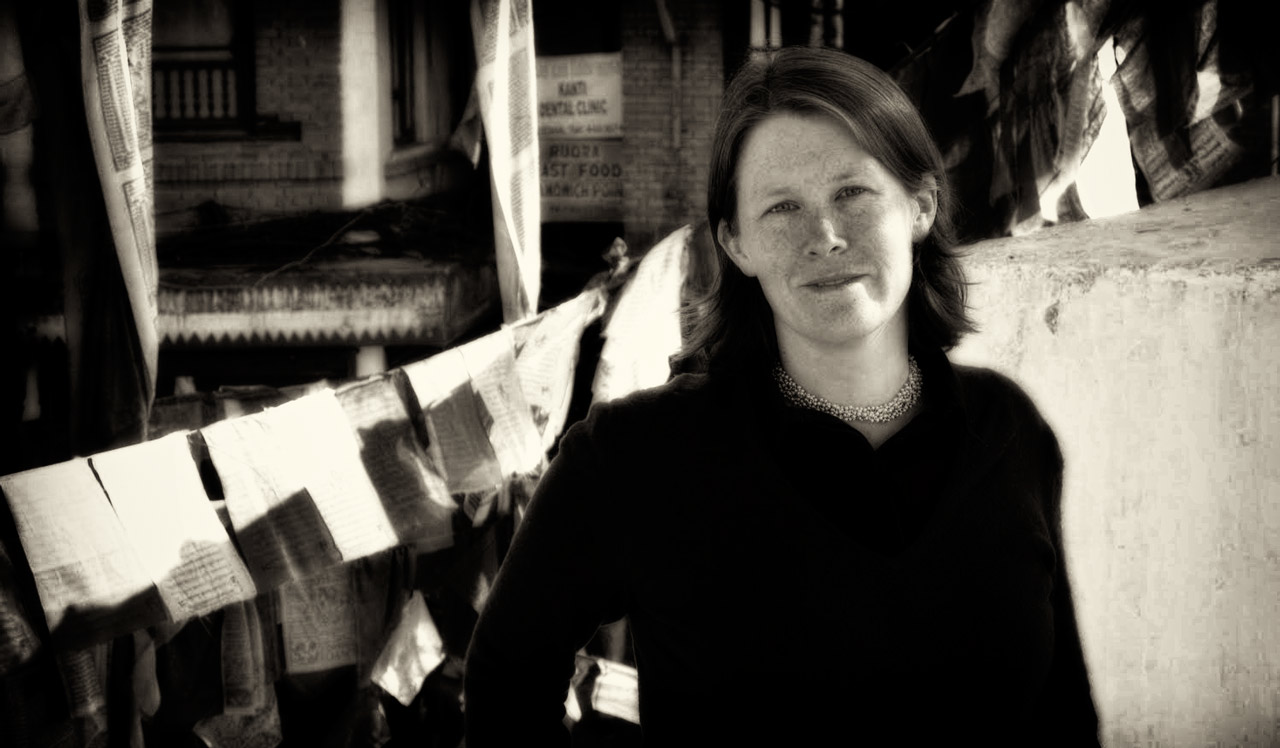Epistemically Challenged: Christine Madsen

Epistemically Challenged is an opinion series about how each one of us explores knowledge. In this installment, Christine Madsen, Ph.D., talks about her research into the effects book digitization can have on libraries, as well as the importance of communication and mentorship in graduate student training.
I think there are many people who are brilliant at what they do, and they do amazing and interesting work, but they just can’t explain their research to other people. They can often talk to other people in their discipline but can’t effectively communicate what they do to people outside their discipline.
I think the root cause of the problem is that to get a PhD in any discipline now you have to become narrower and narrower and narrower in your focus. You have to find something that hasn’t yet been discovered, whether it’s in a book or genome or cell structure; and, in order to do that, you have to go down so narrowly that you end up losing the wider context of why what you are doing is, or should be, meaningful to the public (or, at least, losing the language to accurately and thoughtfully convey it).
I was always told that if you’re going to do a PhD, you have to answer the “so what?” question: “So what? Why should I care?” But that seems to have gotten lost a bit.
I ran into that with my own research. I studied how the digitization of rare books and manuscripts has changed research. But most importantly, I wanted to know how digitization had changed a researcher’s relationship with the library. People who use rare and unique collections are the only researchers left who really have to go into a library to do their work. So when those collections are digitized, what will happen? And yet, while working on my dissertation, I was advised by a number of people to “just drop the library thing. It’s not really important.” I actually think that this was the most important thing. The library was the whole context that gave my research meaning— “what is the role of the library in our society and in the research process anymore? Is that role evolving?” It was my “So what?” question; and without that, I just had a bunch of data with no context.
Another layer is the misconception that the only people who have to know about your research are the people competing against you. The academic culture makes it seem as though it is acceptable just to talk to those people who already know and understand what you’re doing. I often write grants for funding, and if you are going to ask somebody for $1 million dollars, $5 million dollars or $10 million dollars, you sure as hell better be able to explain why you need that money—and you better be able to explain it to someone who is not in your field. Contextualizing why your research matters is more and more often stipulated in securing those grants now. It is sometimes called “dissemination” or “knowledge exchange”, but really it just means you need to be able to explain this to someone with whom you don’t share an office.
The problem of communicating the rationale and impact of your research begins at the graduate student level. How researchers are mentored (and what activities are deemed valuable within their knowledge domains) will affect how they will explain their findings, and perhaps even choose their research topics, over the course of their careers. Mentorship is very important. But we don’t think we should have to teach mentoring and nobody wants to teach it. This is one of the most challenging problems in universities right now, and it needs concrete actions or incentives—a concerted effort to recognize that it is central to producing future generations of researchers who are capable of solving the communication problem, to push research and human knowledge forward.
I think we have to treat communication, teaching, and transmitting knowledge, as fundamental parts of graduate student training. Part of learning any trade or becoming an expert in anything should be about communicating what you do to other people. I think it’s about teaching people to take responsibility for their role within the larger human context, and that the evolution of knowledge is highly dependent on effective communication.
— Christine Madsen, Ph.D., is Chief Innovation Officer and Principal Consultant at Athenaeum21 Consulting, which offers end-to-end services in the creation, deployment, and assessment of digital systems, products and services for libraries, museums, and publishers worldwide. She is also a visiting academic at the Oxford University e-Research Center (OERC), which is an interdisciplinary institute that leads digital research and drives innovation in technology. OERC connect disciplines, applications and computation to accelerate research and collaboration within the University, nationally and internationally as well as to understand how technology has changed the research process.
